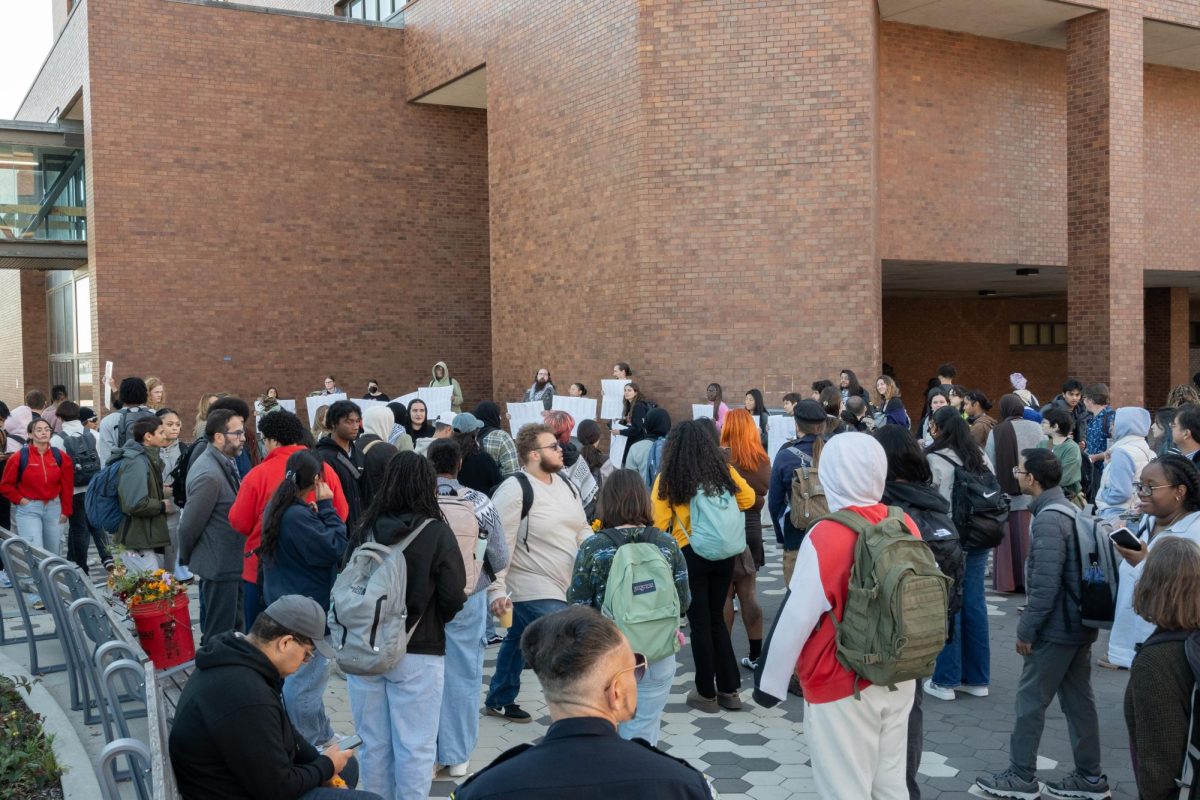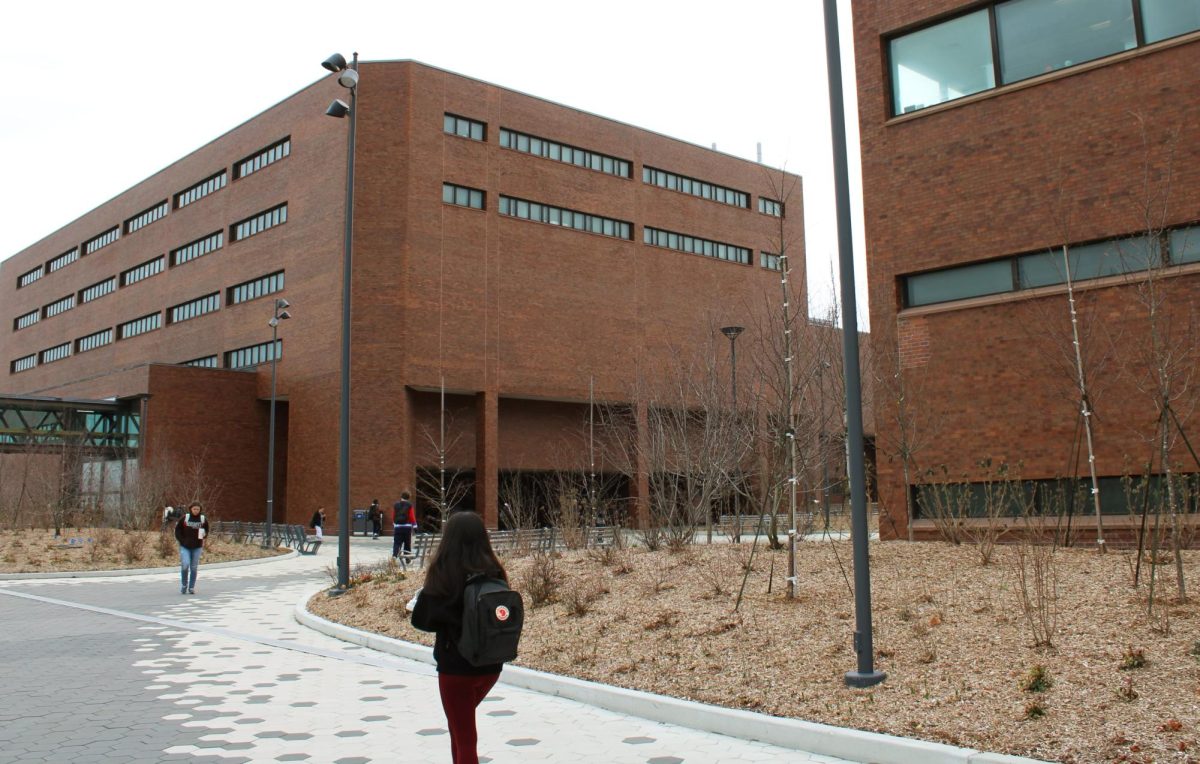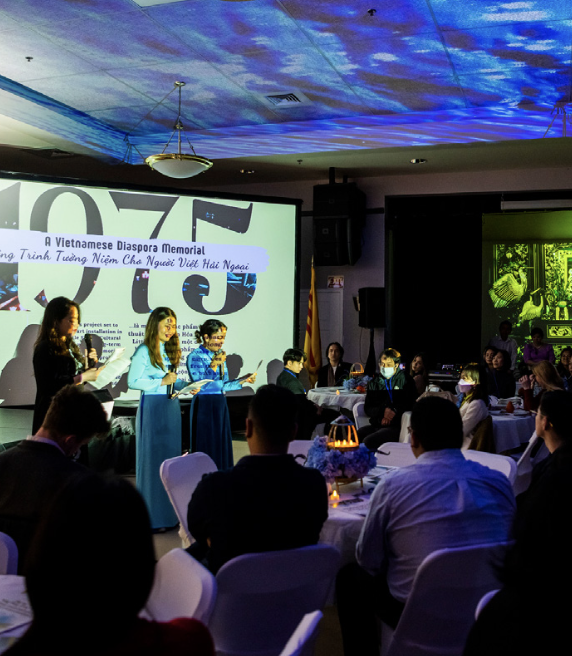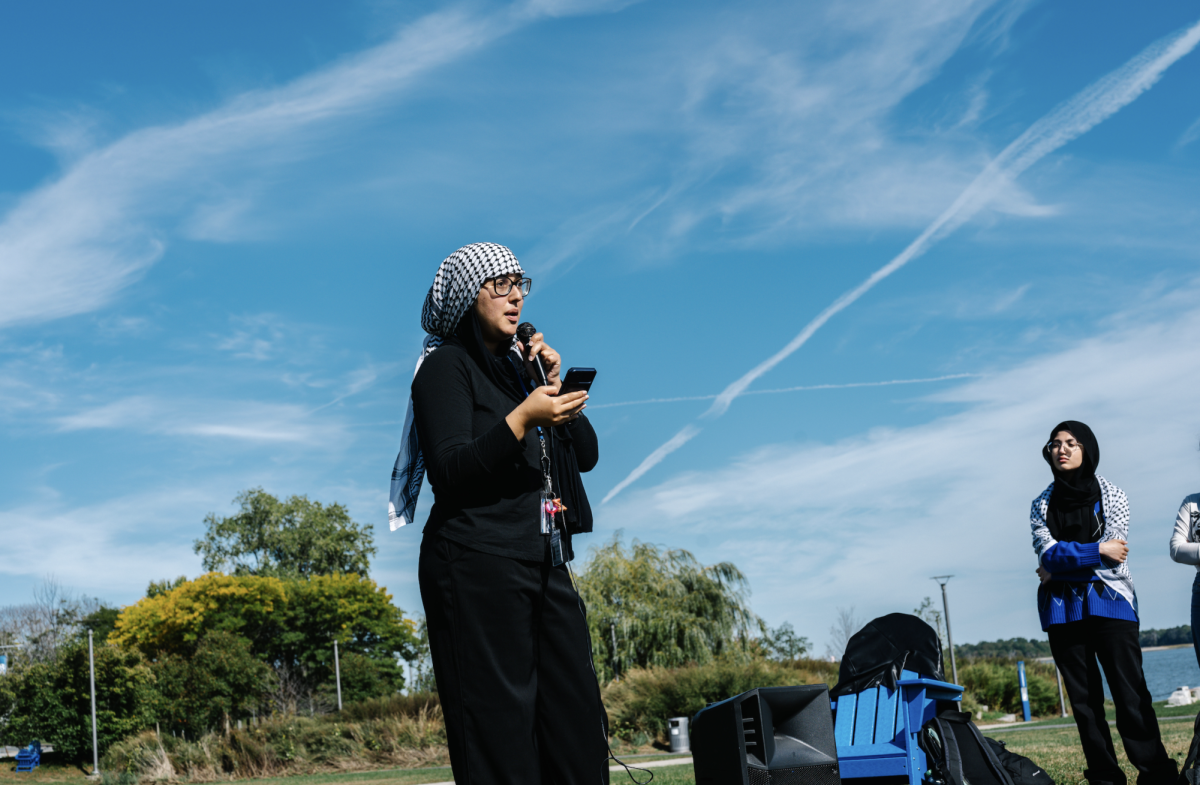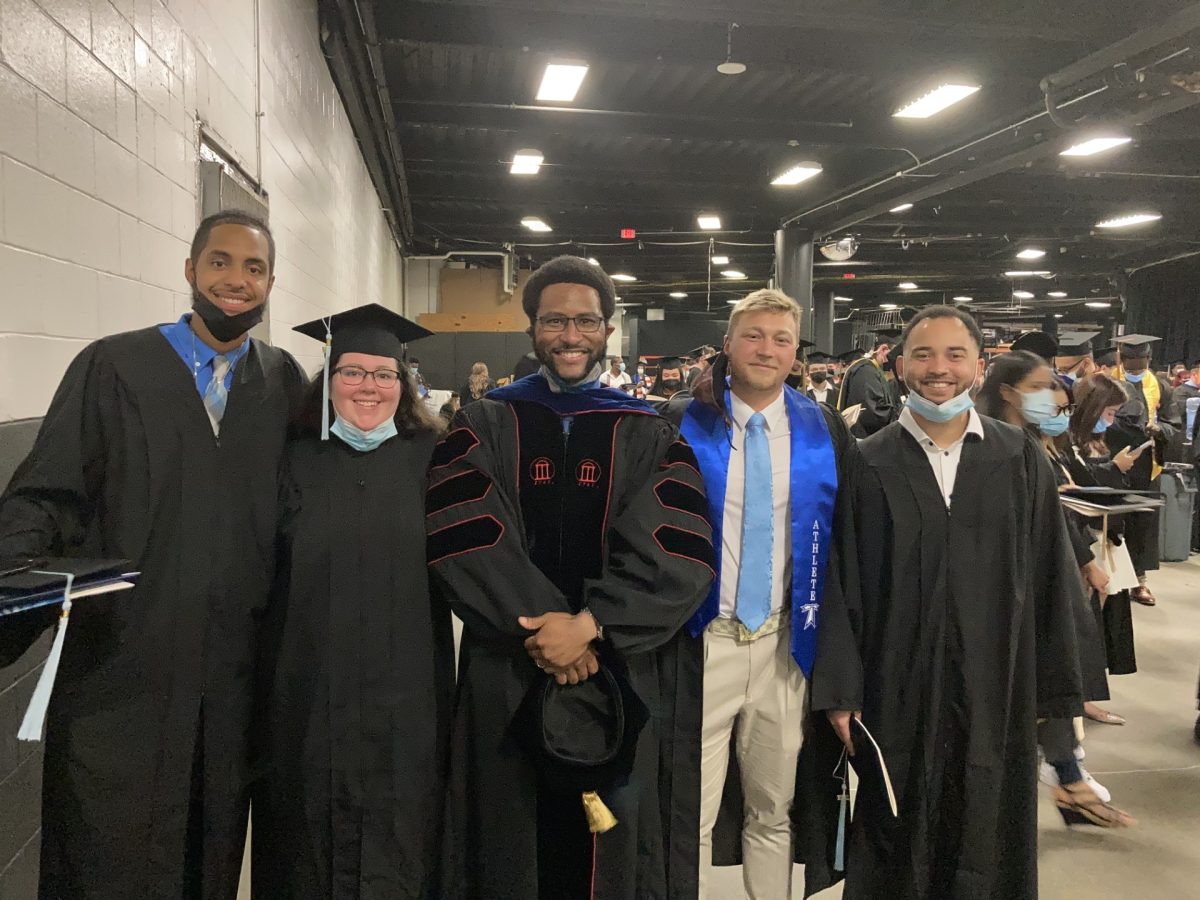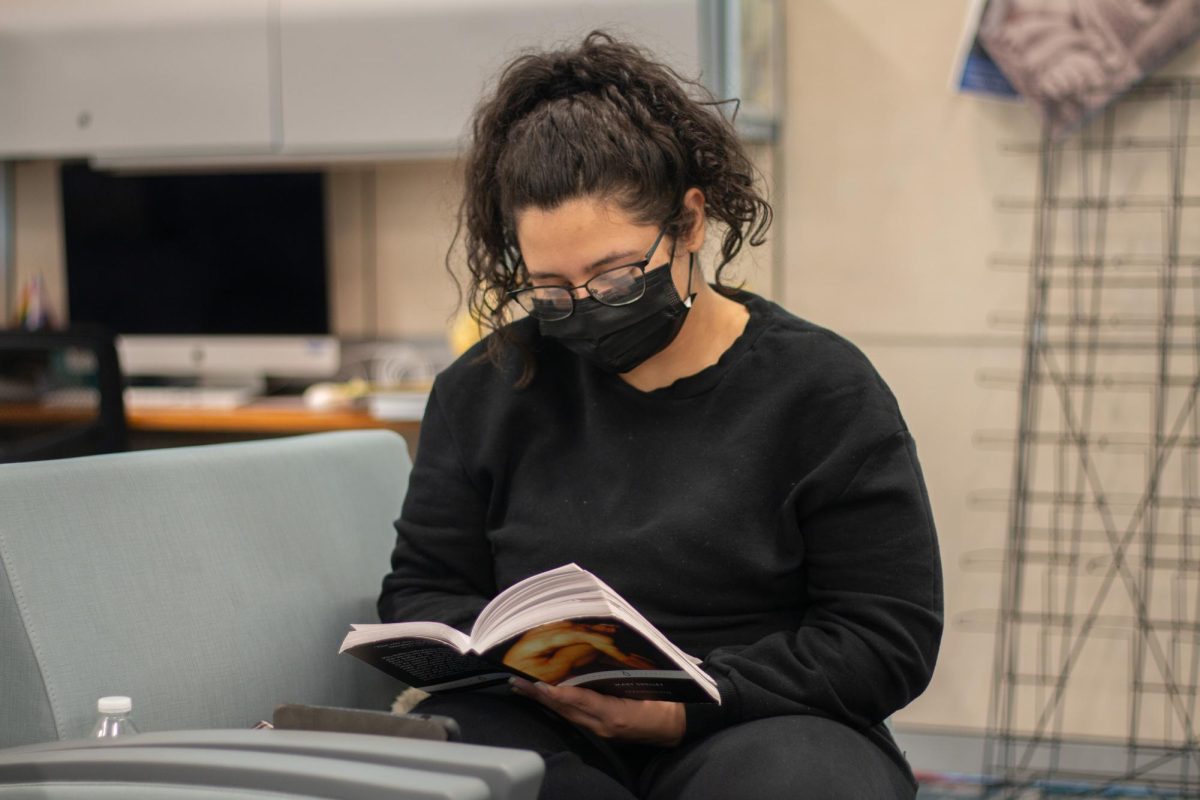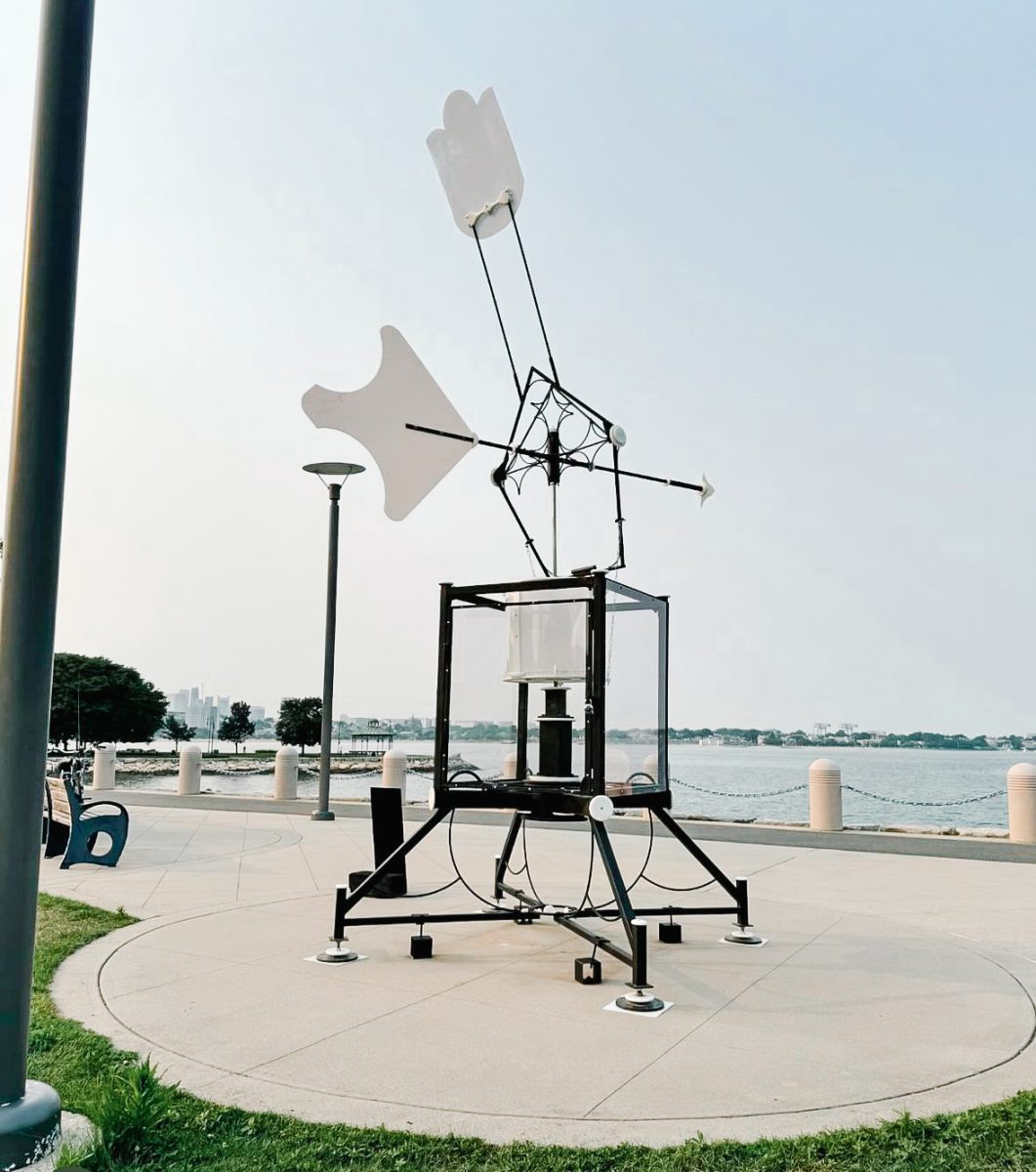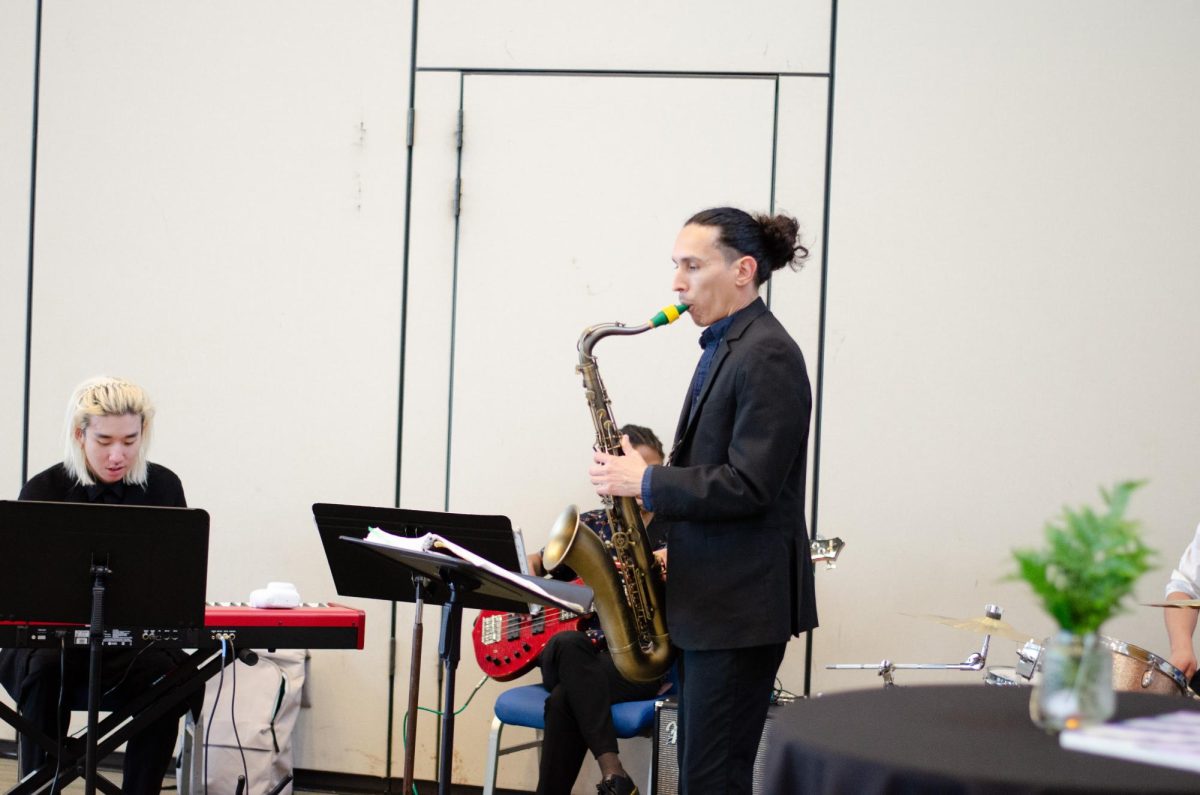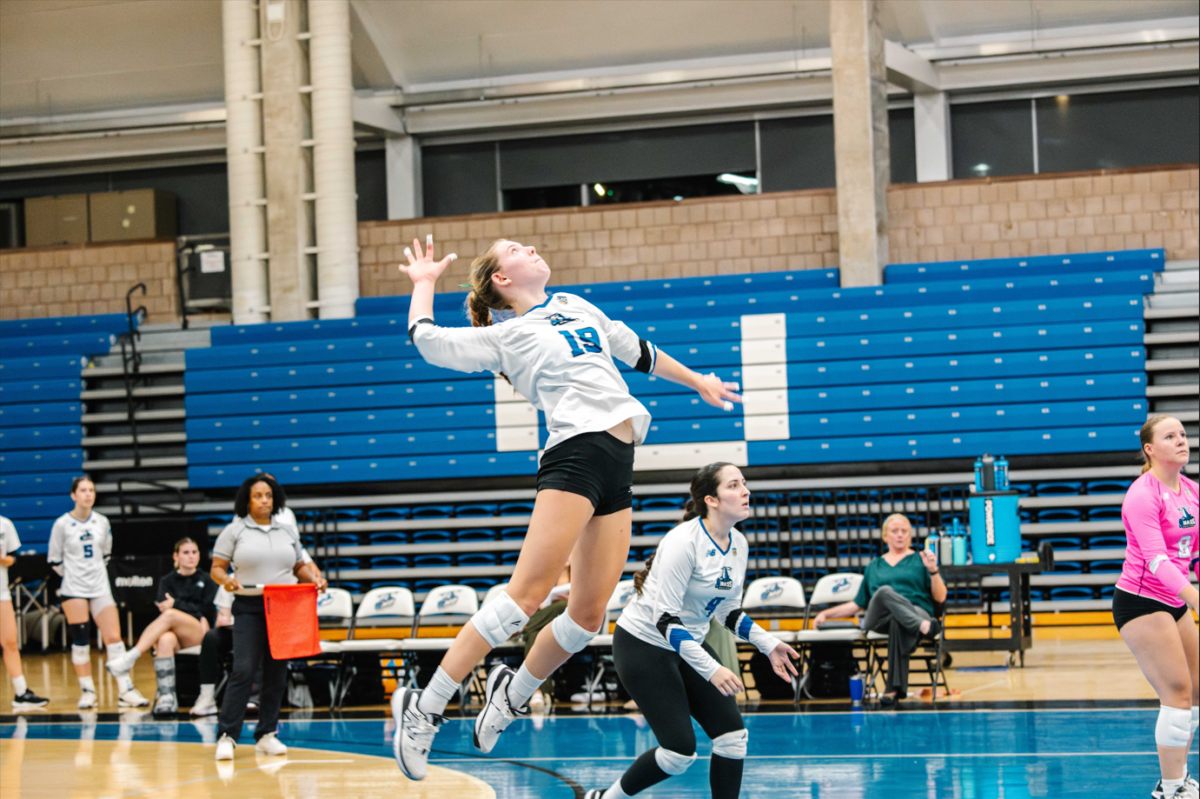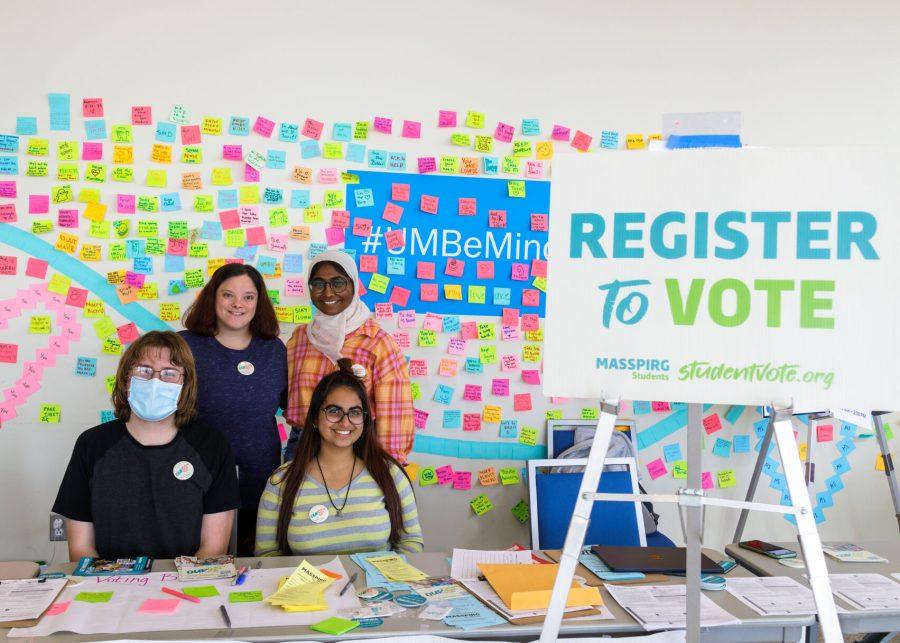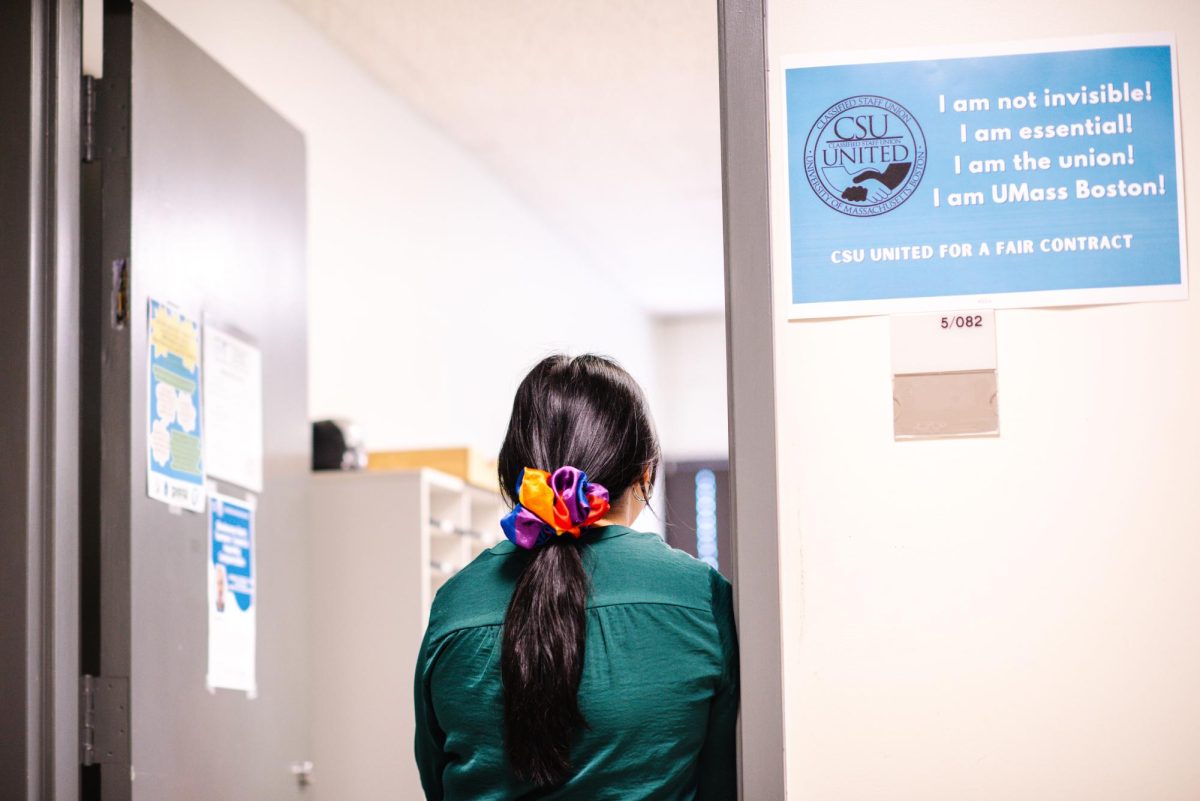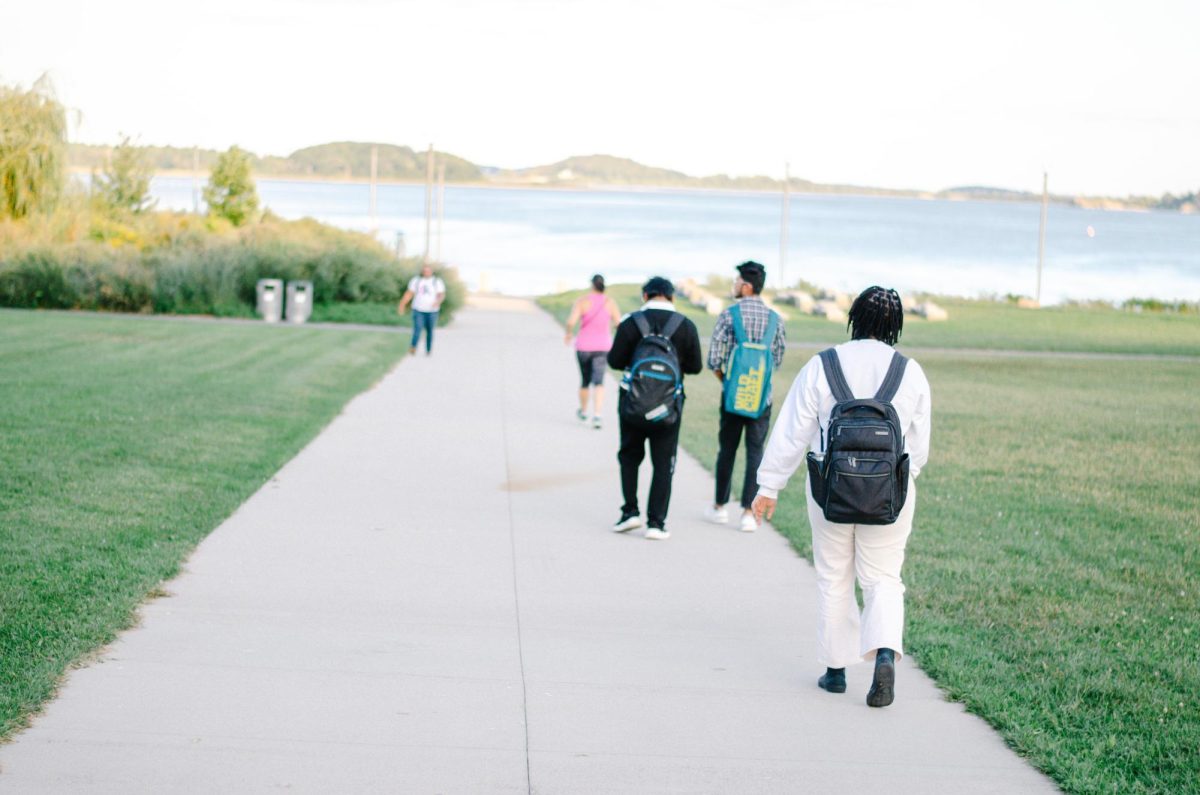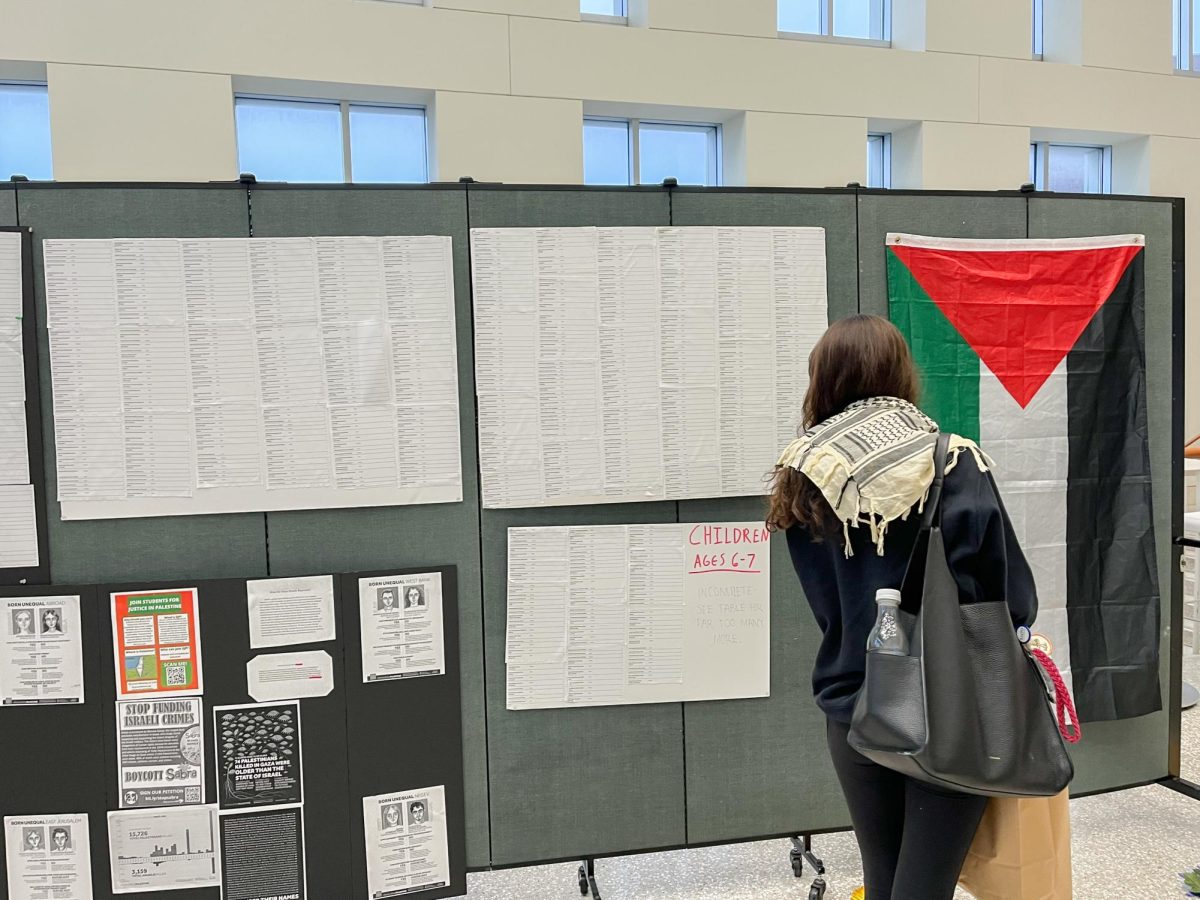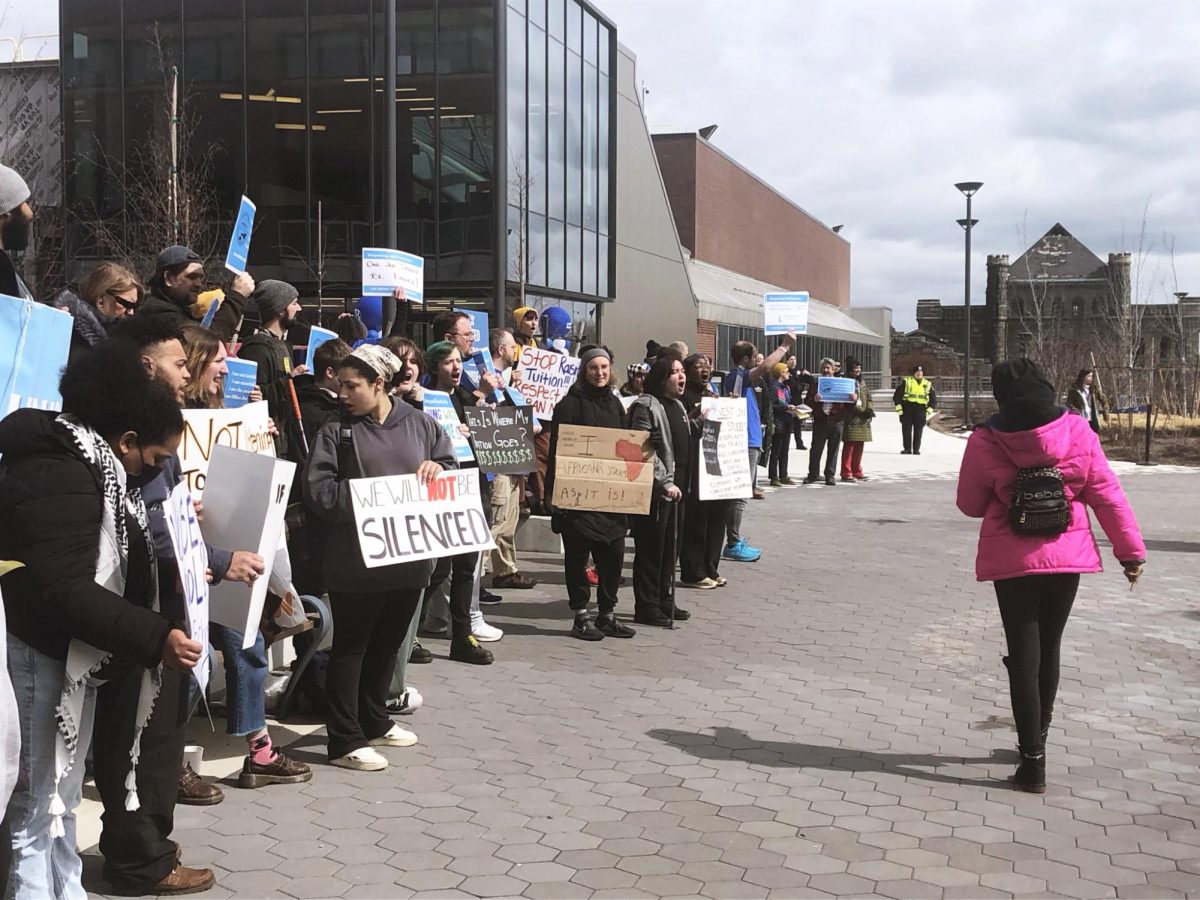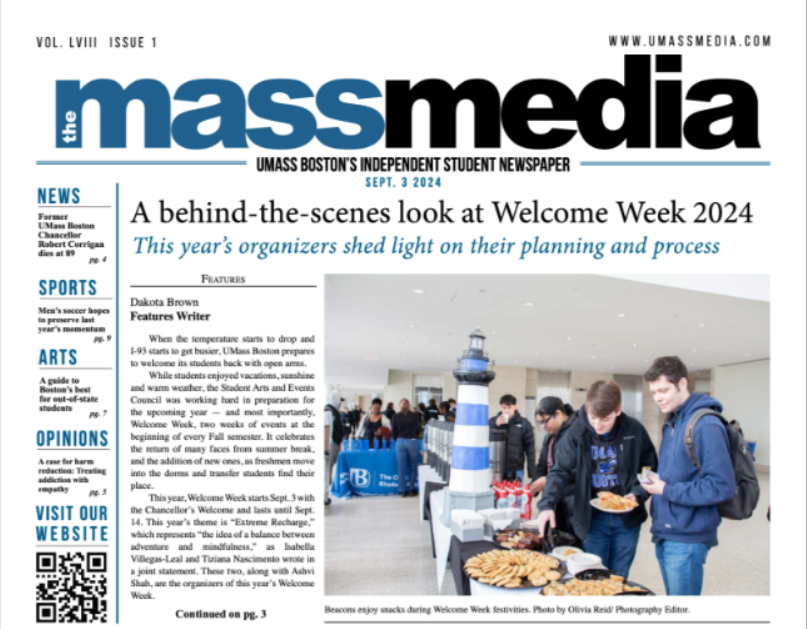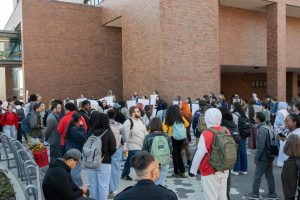Where Has All the Fashion Gone?

Black Student Center fashion show cancelled due to funding blunder.
May 7, 2007
For months flyers have been up all over campus, postcards have been scattered around the city of Boston, there was even a cover story in The Mass Media about it. But if you had gone to the Black Student Center Fashion Show on April 29, you would have been all alone in an empty ballroom.
The fashion show, which at one point was UMass Boston’s best-attended event and the city of Boston’s biggest fashion show, has been an annual festivity for more than 20 years. Some students were sorely disappointed and shocked at the cancellation of the event, but others close to the planning process saw it coming. Some students viewed the failure of this event to materialize as an indication of larger problems occurring on campus, such as a major lack of social life, an overabundance of apathy from students and a general culture of non-participation.
“It’s unfortunate,” said Kelly Meehan, special assistant to Vice Chancellor of Student Affairs, of the event. The given reason for the cancellation of the event was a lack of funds. According to Meehan, the expected cost of the fashion show was originally around $9000. Even when they were able to pare the costs down to $5000, they were still significantly over the amount of money they had in their account, which approximately $2200.
Michael Metzger, former president of the Undergraduate Student Senate, was not surprised at the funding issues resulting in the cancellation. “It’s characteristic of a flawed funding system,” he said.
Michelle Laguerre, coordinator of the BSC, declined to place the blame on any particular entity, but mentioned that the event could have been saved “if [the BSC] had received enough funding by the deadline that we set by Student Life.”
At UMass Boston, there are many channels for receiving funds; the most common for clubs and centers is to request money from the Undergraduate Student Senate. BSC attempted to submit a request for money, but missed getting their paperwork submitted before the senate’s final meeting to distribute money. They only missed the cutoff by a mere nine minutes, but the deadline had been extended twice and, according to senators and Meehan, the BSC had received warnings that their requests needed to be in on time on multiple occasions throughout the year.
Even if the center had submitted their request by the deadline, it is still unlikely the event would have occurred, as at their last meeting the Senate was forced to give only a fraction of requested funds due to budget constraints.
However, as the event had been in the planning stages for months, there does not seem to be a reason that the center could not have requested funds much earlier than the very last day. Had the request been made as early as last semester or the beginning of this semester, they could have easily gotten money and the even could have occurred.
Besides the Senate, the BSC had other options, including fundraising or finding corporate sponsors. Both of these methods were attempted by the center, but neither produced enough money fast enough to get the event going by the scheduled date. Some senators were so disappointed with the BSC’s failure to acquire funds that they have begun to call for Laguerre to resign or be fired.
According to Laguerre, the responsibility of center coordinators is to institute programming that will cater to the needs of the specific demographic their center represents. For the work they put into organization and programming, center programmers are paid between $10.75 and $12 an hour.
“I don’t know of any other university that does it this way,” Metzger said of the way center coordinators are paid to program. “They’re literally robbing the students,” former senator Andy Donaldson said.
Brandon Gorham, coordinator of the Queer Student Center defended the work of center coordinators saying that “people are very fast to criticize,” while expressing the amount of work some centers do, and noting that it’s hard to understand how much work it is without being involved.
Meehan noted that Student Life’s policies state that funds should be requested eight to 10 weeks before the event. Meehan also said that the BSC Fashion Show is not the only event to have been cancelled this year due to funding issues: a trip to the Dominican Republic by the Pre-Med Society and a ski trip, among others, also had to be cancelled.
Metzger tended to blame the problems on the way in which funds have been dispersed. However, a new funding system will begin next year in which student groups are required to request all funds at the beginning of the year. The hope is that this restructuring will result in more events on campus and a more active student body.
The office of Student Life will also be revamping, changing their name to Student Activities and Leadership, and placing a larger emphasis on training students on how to be leaders, how to organize events, and encouraging community service.
UMass Boston has long been notorious for the lack of social interaction between students. “I just think there’s no social life,” said Michelle Tracchia, a newly elected senator who has been doing research in her free time on how to improve campus social life.
Tracchia has written multiple proposals, conducted surveys and spoken with various campus leaders about her plans to improve student life. Her suggestions included improving the Web site and email systems, and requiring teachers to have get-to-know-you games at the beginning of the year. She also had a number of more long-term and dramatic proposals, such as rebuilding the current classrooms and making them state-of-the-art and energy efficient.
One of her biggest complaints is the way that activities and resources are advertised on campus. “The flyer system does not work,” she said. “One problem with UMass Boston is that you always end up going ‘Oh wow, I didn’t know we had that’.”
There was a general consensus between all those interviewed that there was a very clear correlation between the quality of academics and the social life on campus. Tracchia spoke of the students who chose to attend elsewhere so as to enjoy a campus where they feel they belong more.
Metzger noted that student life would keep high quality students from transferring. “It’s a known fact that if you have an engaged student body you will retain them,” he said.
“The students who are engaged are amazing,” said Metzger. Donaldson added that, “the problem is getting the other students engaged.”
Metzger’s solution to the social ills of the campus was on-campus housing, stating, “If you get dorms a lot of the other problems are going to fall into place.”

